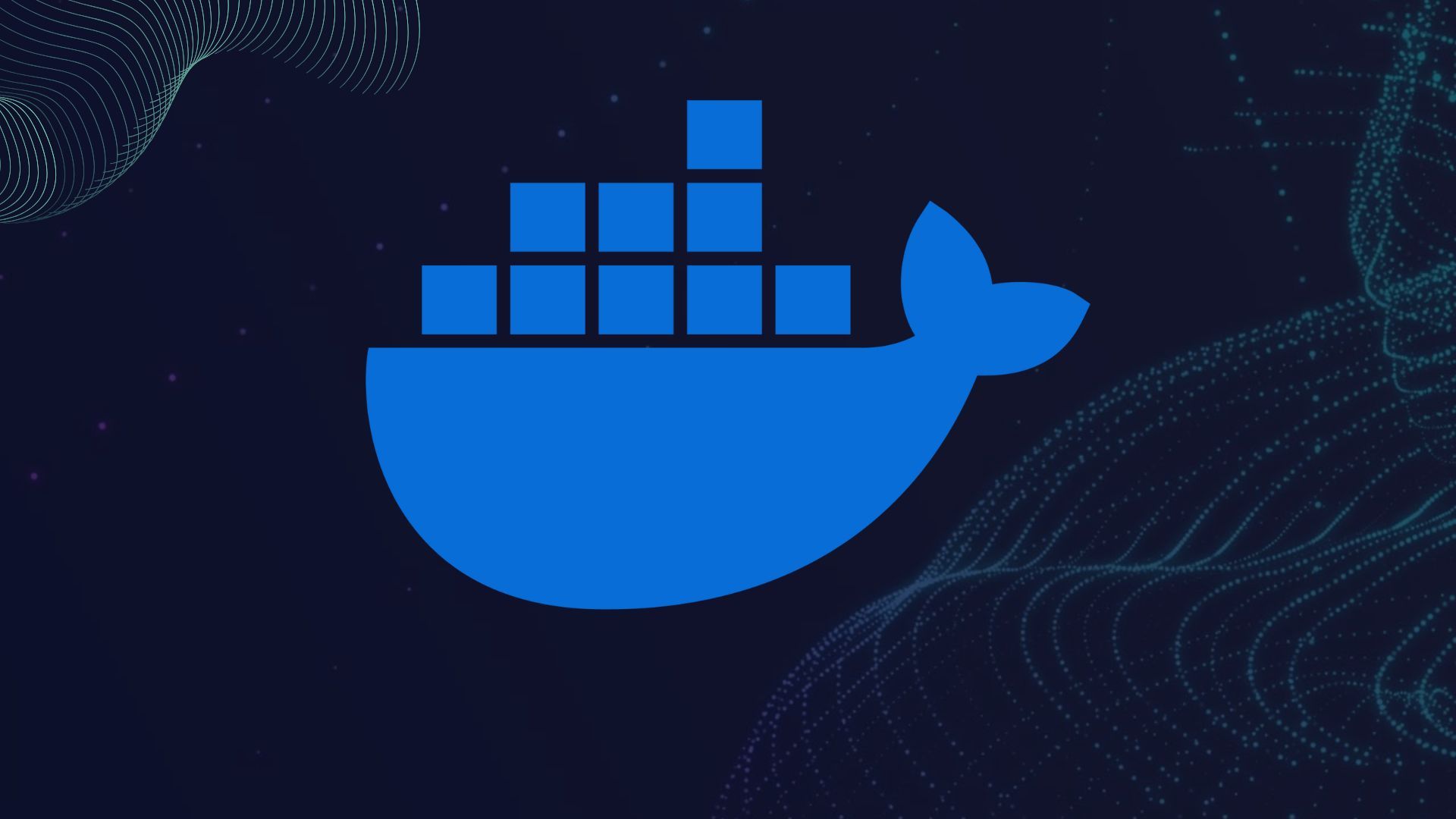BREAKING NEWS: A revolutionary shift towards digital privacy is underway as users increasingly adopt self-hosted solutions powered by Docker. Individuals are building personalized ecosystems that safeguard their data, rejecting traditional big tech tools in favor of privacy-focused alternatives.
Many are turning to Docker containers to create a secure digital life on their terms. This trend is not just about technology; it’s about reclaiming control over personal information. The urgency of this movement resonates with anyone concerned about data security and privacy.
n8n is leading the charge as a key tool in this self-hosted setup. This open-source workflow automation platform allows users to create complex automations without sending data to external servers, ensuring privacy remains intact. For example, when a user uploads a photo to their self-hosted Nextcloud, n8n can automatically back it up to an encrypted drive. This crucial feature guarantees that sensitive information stays within the user’s control.
The recipe management scene is also evolving. Users searching for alternatives to ad-laden sites are finding success with Tandoor. This powerful recipe management tool allows users to import recipes from multiple sources, including existing services like Mealie. With features like a weekly planner and robust community apps, Tandoor is rapidly becoming the go-to solution for home cooks focused on privacy.
Digital reading enthusiasts are embracing Kavita, a self-hosted digital library server that organizes various media formats, including novels and comics. Kavita’s seamless handling of formats such as epub and pdf, combined with its user-friendly interface, makes it a must-have for those looking to maintain a private collection.
For those seeking a way to save and archive web content, Linkwarden offers a robust solution. This personal bookmark manager captures permanent offline copies of websites, ensuring that important information remains accessible even if the original site goes offline. The ease of use and organizational features make Linkwarden a vital tool for anyone building a knowledge base.
Users have also found freedom from big tech with AppFlowy, a powerful alternative to Notion. AppFlowy allows users to create workspaces and databases, all while ensuring that their data remains on their own servers. This newfound control is a game-changer for individuals who prioritize privacy.
Project management can be daunting, but Tududi provides a streamlined solution. This open-source task management tool allows users to create recurring tasks and organize projects with rich-text notes, making it an essential part of a privacy-centric toolkit.
The movement towards self-hosting is not without its challenges, but the benefits are clear. As users build their secure, private corners of the internet, the peace of mind that comes with owning one’s data is immeasurable.
As of now, those interested in enhancing their digital privacy should consider starting their journey with these vital Docker containers. The call to action is clear: begin with small steps, explore various containers, and embrace the tools that will protect your data.
This evolving narrative of digital sovereignty is only gaining momentum. For more insights and a detailed guide on building your privacy-focused ecosystem, visit dedicated resources that focus on these essential tools. Don’t wait—join the movement and secure your digital life today!
